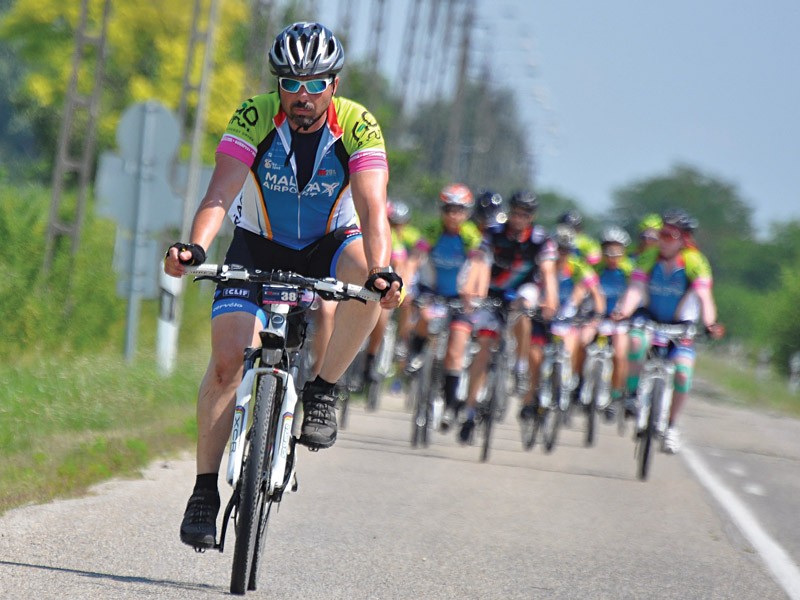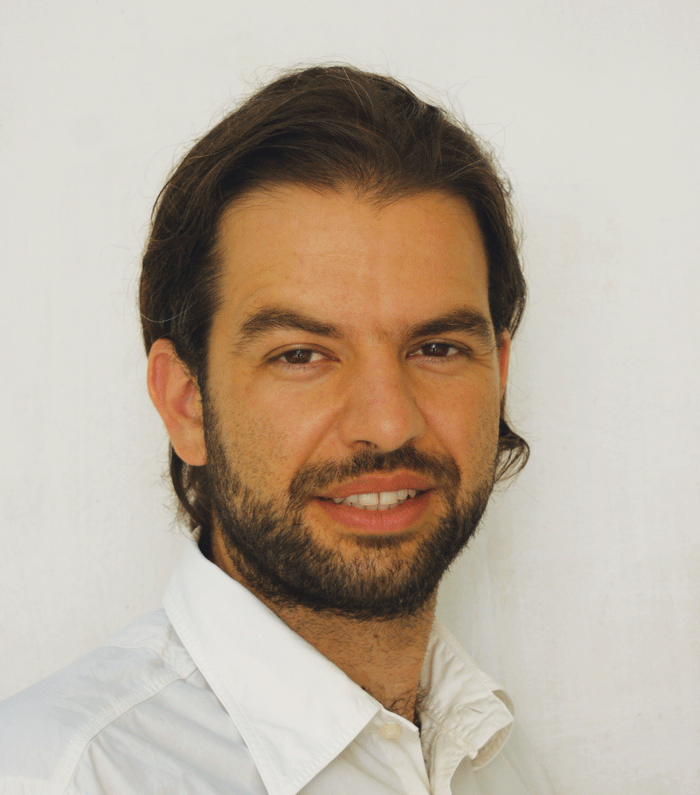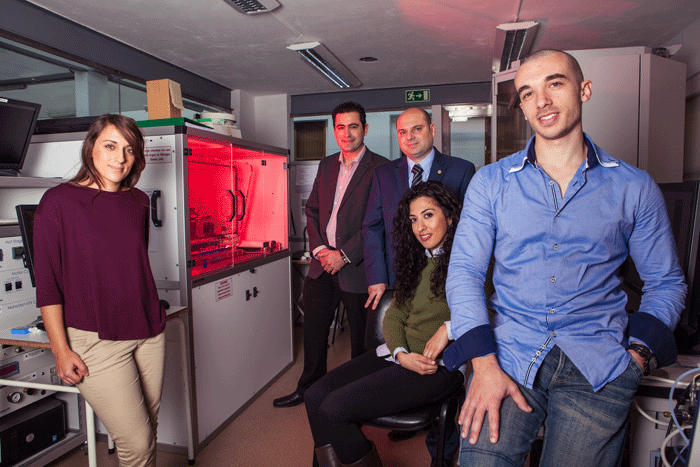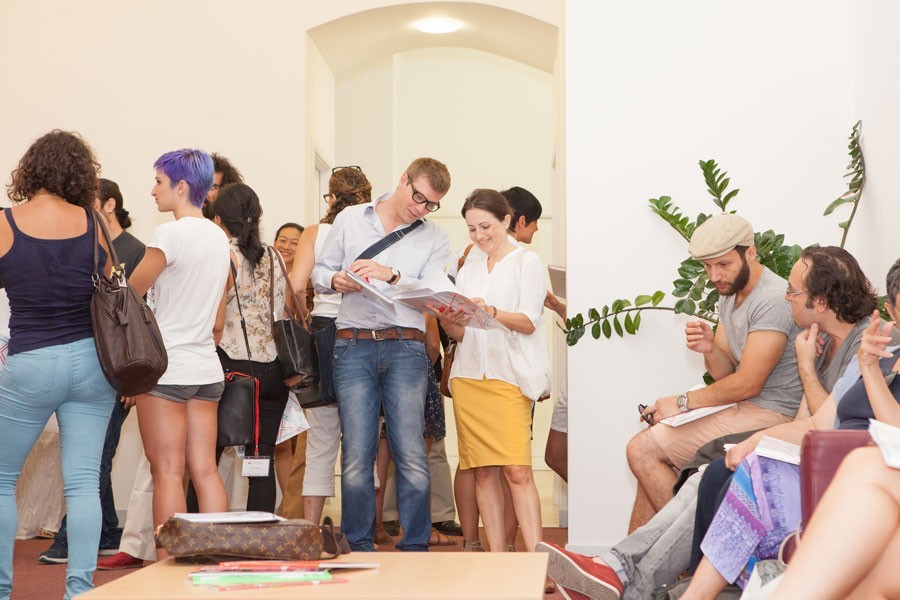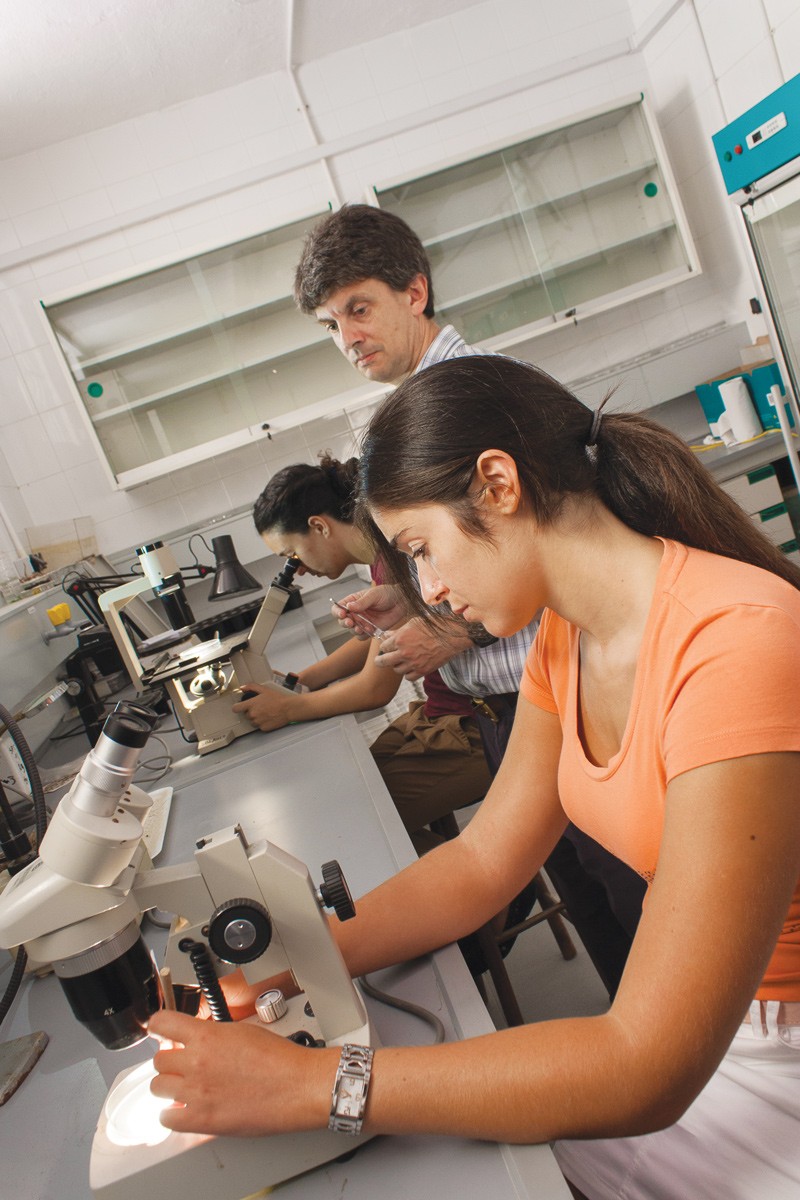A Greener Chemical Pot
John Gabarretta discusses the elegance of chemistry though its reactions.
An Untapped Funding Resource
Dr Vasilis Valdramidis speaks about funding opportunities.Continue reading
Light up my Universe
What is the universe made of? How was it formed? How old is it? Will things stay the same forever?
The night sky is shedding its secrets as Ian Fenech Conti (Institute of Space Science and Astronomy) talks about his work measuring the most elusive matter in the universe.Continue reading
Hips 4 Eternity
All over the world, hip replacement surgeries are on the increase. Provisional data from the hip replacement register at Mater Dei shows that, in Malta during 2014, 145 people needed their hips replaced while another 11 needed revisions to old implants. With costs that run into the thousands, the problem of faulty implants caught the eye of a local research team of engineers and medics. Cassi Camilleri finds out more about their work in solving the dilemma. Photography by Elisa von Brockdorff
Let us fish4tomorrow
All over the world, governments and stakeholders are trying to cope with overfishing. Overfishing is when too much fish is caught which leads to an overall degradation of the marine ecosystem. It is the non-sustainable use of ocean resources. Words by J.D. Farrugia
Continue reading
Lighter and Stronger Planes
Bonnie Attard talks about the aerospace industry and how it can be improved.
I_compute I_create I_am
 Creativity is a quality that we, as humans, think is ours alone. Prof. Georgios N. Yannakakis is creating computers that might have already taken this away from us. Computational creativity is here. His games are helping children be more creative, others to overcome dyslexia, and even combat bullying. Words by Dr Edward Duca.
Creativity is a quality that we, as humans, think is ours alone. Prof. Georgios N. Yannakakis is creating computers that might have already taken this away from us. Computational creativity is here. His games are helping children be more creative, others to overcome dyslexia, and even combat bullying. Words by Dr Edward Duca.
Placing Cultural Research on the Map
The Valletta 2018 Foundation recently started a five-year research study to evaluate and monitor the European Capital of Culture (ECoC) project in Malta. The process combines both quantitative and qualitative approaches to collect data that will be communicated to the general public and interested stakeholders. This research will provide feedback to help fine-tune or correct the Foundation’s operations. The process aims to provide a local model for research in culture and the creative sector in order to encourage more cultural research after 2018.Continue reading
The Pool Party: Life at the Extreme
Shrimps, water fleas, waterworts, and pondweeds, this is one wild party. Dry summers with temperatures of over 40 degrees in summer and flooded winters, life in a rockpool is not easy. Decades of research by local ecologists have shed light on this extreme habitat—Dr Sandro Lanfranco, Kelly Briffa, and Sheryl Sammut tell us more.Continue reading

